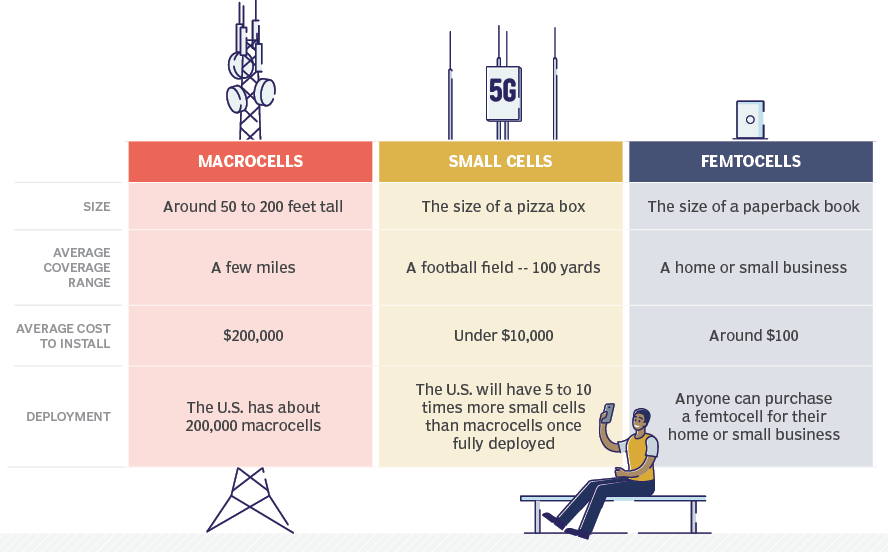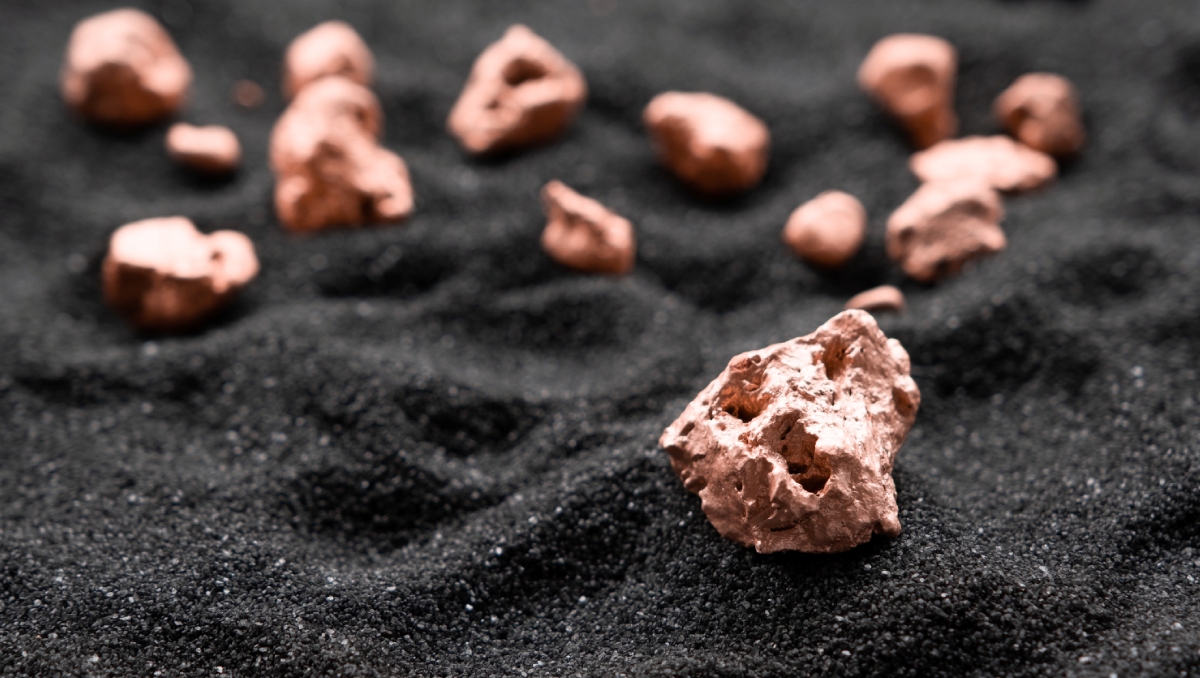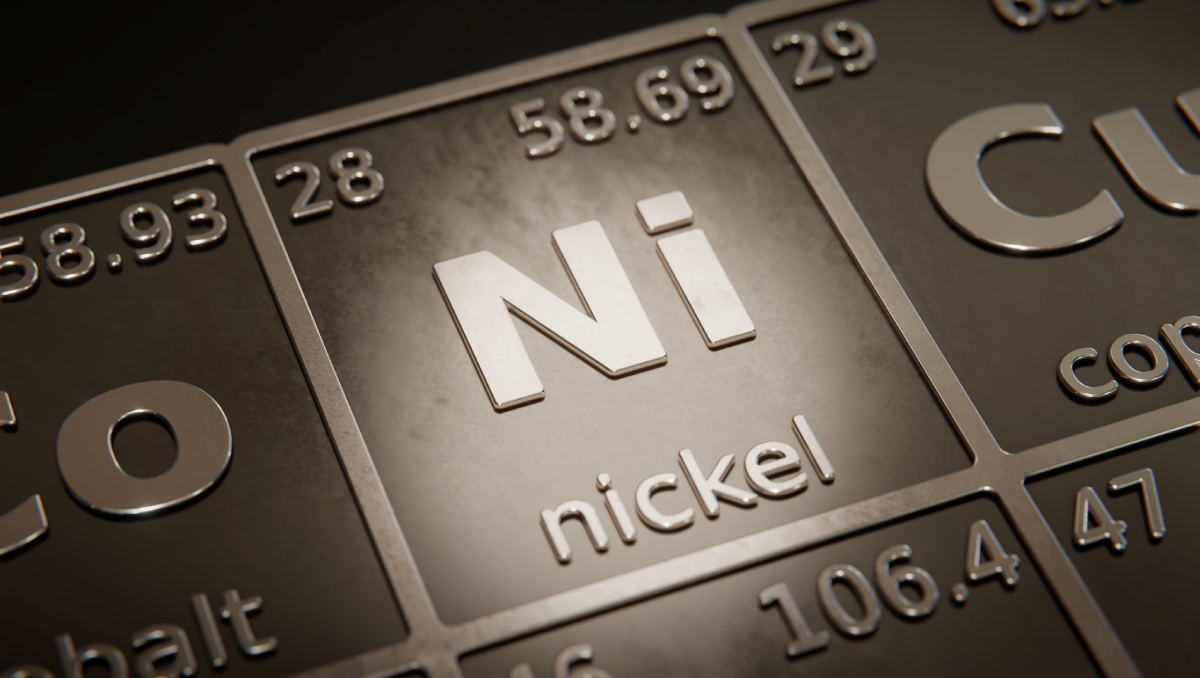The Importance Of Tantalum For 5G Wireless Operations
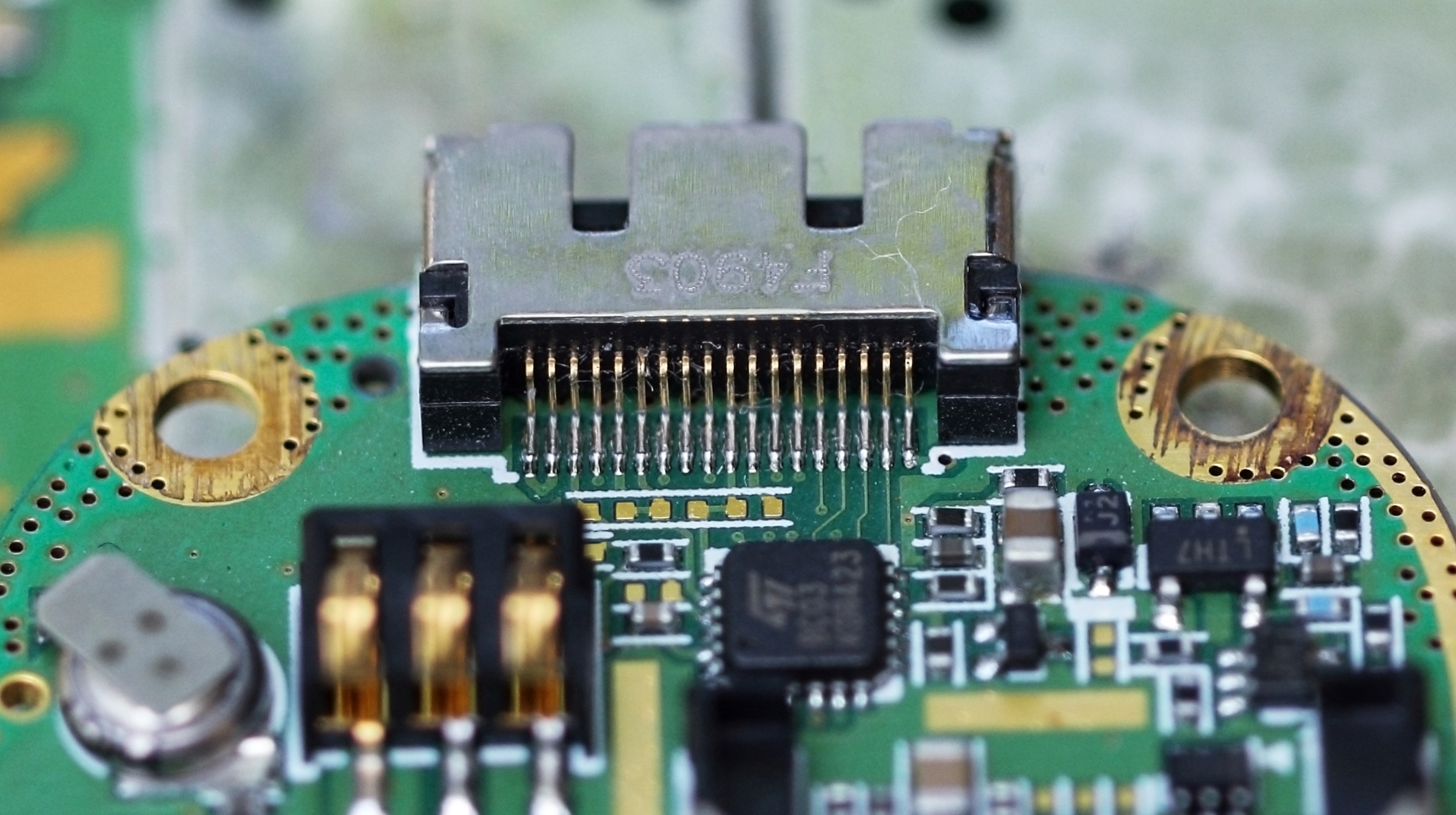
Date
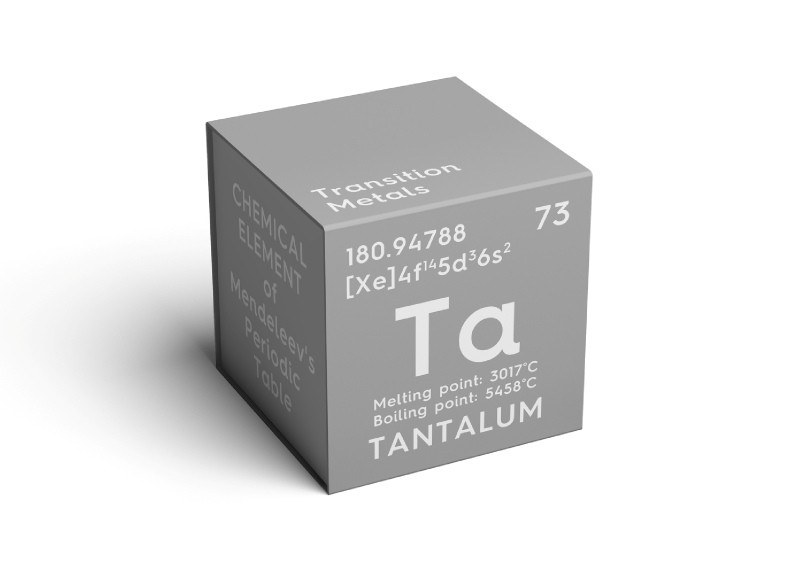
5G stands for “5th Generation”. It’s the latest networking standard in wireless telecommunications used to connect people, machines and devices worldwide. A 5G wireless network is faster(speeds up to 10 gigabits per second), more accessible, and has a much larger network-bandwidth capacity than former generations. The GSMA predicts that 5G will account for “half of North America’s mobile connections by 2025“. New infrastructure is already being constructed to power the robust 5G network. One of the key components of the 5G base stations are capacitors made of Tantalum.
5G Infrastructure Challenge
The biggest challenge of introducing a 5G network to a new city is setting up the infrastructure. One downside to the 5G signal is that it doesn’t reach as far as the 4G signal. 5G cell towers are drastically smaller in size but a greater number of 5G base stations are required to operate the network than traditional cell phone tower base stations.
Image Credit: techtarget.com
Global telecommunications company Huawei states “the power consumption of 5G hardware is between two and four times greater than 4G“. Therefore the components used to build the 5G base station must be able to endure harsher conditions than 4G and former generation base stations.
The Role Of Tantalum In 5G
During your travels you have likely noticed antennas or cell towers positioned alongside the interstate. These towers transmit and receive signals with nearby wireless devices. Located at the bottom of these antennas are “base stations“. These base stations are responsible for controlling the communications coming to and from the antenna while regulating the power supply needed to operate the antenna.
Hardware found in a base station’s electrical components are reliant on capacitors for operation. A base station would simply not be possible without the volume of energy a capacitor can provide on-demand. While alternative metals can be used to manufacture capacitors, Tantalum’s ability to handle high volumes of energy under extreme conditions make it the most viable metal for capacitors used in 5G base stations.
5G’s Tantalum Fueled Future
Faster and stronger connections will be inevitable as 5G networks are standardized around the world. For these networks to become a reality, a variety of raw materials will need to be sourced and allocated. Due to Tantalum’s classification as a Conflict Mineral, recycling and processing current sources of Tantalum will be vital for the telecom industry’s rollout of 5G. Only time will tell but as one of the world’s leading recyclers of Tantalum, D Block Metals is prepared to meet the increased demand for Tantalum for years to come.
